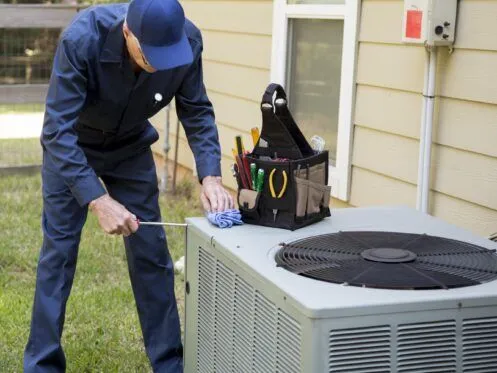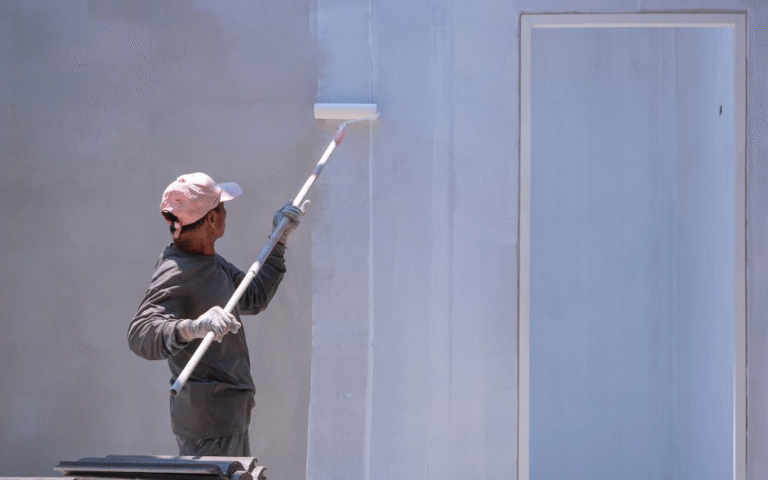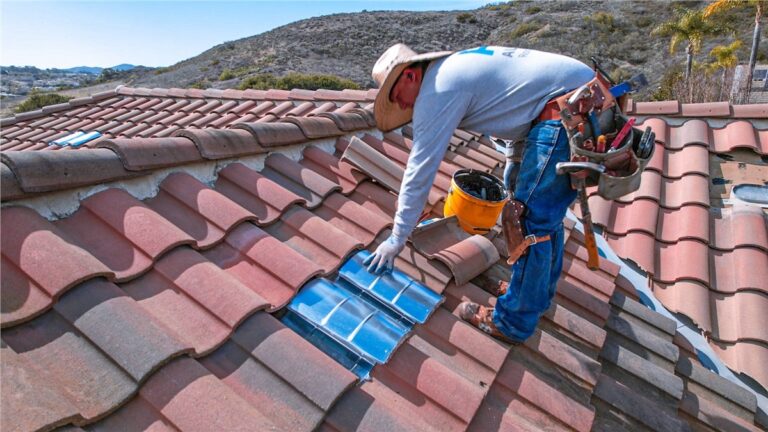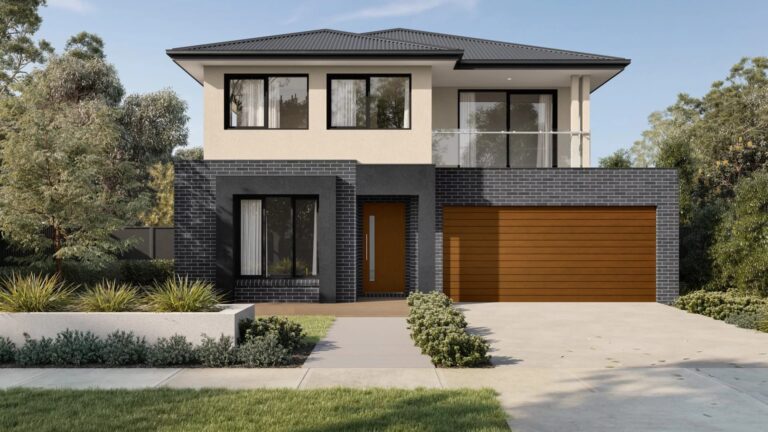Why Your AC Keeps Cycling On & Off and How Quality Heating, Cooling, Plumbing & Electric Can Fix It
Air conditioners are designed to maintain consistent comfort, not to constantly start and stop. When your AC keeps cycling on and off, it’s not just annoying—it’s a signal that something deeper might be wrong. Short cycling can lead to higher energy bills, uneven cooling, and even long-term damage to your system. We will explore what causes this frustrating issue, how it affects your air conditioning system’s performance, and what effective solutions can restore smooth, efficient operation to your home.
Understanding Why Short Cycling Happens
Short cycling refers to your air conditioner turning on and off more frequently than it should, often in intervals of just a few minutes. Normally, an AC should complete a full cooling cycle before shutting off, ensuring proper humidity control and temperature balance. When this doesn’t happen, your comfort and system health both suffer. One of the most common culprits behind short cycling is a clogged air filter. When filters become dirty, airflow is restricted, leading to overheating and a premature shutdown. Low refrigerant levels can also be a factor, making it difficult for the AC to absorb enough heat and forcing it to restart repeatedly.
Additionally, improperly sized air conditioners tend to short-cycle—too large, and they cool too quickly without running long enough to remove humidity; too small, and they struggle to keep up. Electrical issues, faulty thermostats, and dirty condenser coils can further complicate the problem. Understanding these causes helps you recognize early warning signs before your system suffers extensive wear or damage, and this is where Quality Heating, Cooling, Plumbing & Electric can help homeowners identify and correct such issues before they escalate into costly repairs.
The Hidden Costs of Ignoring Frequent Cycling
When your air conditioner keeps turning on and off, it’s easy to dismiss it as a minor inconvenience. However, the long-term impact can be significant. Every time your system starts up, it consumes more electricity than when it’s running steadily. This frequent starting and stopping adds unnecessary strain to components such as the compressor and fan motor, shortening their lifespan and leading to premature breakdowns. Your energy bills will inevitably rise because the system is working harder to deliver the same cooling results.
Beyond the mechanical stress, short cycling also disrupts comfort levels throughout your home. Rooms may feel cooler one moment and warm the next, with humidity levels swinging unpredictably. Over time, this inconsistency can even affect indoor air quality, especially if filters are not replaced regularly. It’s also worth noting that when your system is constantly cycling, it never runs efficiently enough to properly dehumidify the air, leaving your home feeling sticky and uncomfortable. Addressing this issue early doesn’t just restore comfort—it saves money and prevents more serious damage down the line.
How Quality Heating, Cooling, Plumbing & Electric Diagnoses and Fixes the Issue
When your air conditioner starts acting up, pinpointing the cause of short cycling requires careful inspection. Quality Heating, Cooling, Plumbing & Electric approaches every case with precision, ensuring that no underlying issue goes unnoticed. Their team begins with a thorough system evaluation, checking the thermostat calibration, airflow levels, and electrical connections. If your filter is clogged or your coils are dirty, they’ll clean or replace the necessary components to restore proper airflow. For systems with refrigerant issues, a leak test and recharge may be required to bring pressures back to optimal levels.
In cases where the air conditioner is incorrectly sized for the space, they help homeowners find the right replacement that aligns with both comfort needs and energy efficiency goals. They also inspect the condition of the compressor and fan motors, as these are often the first parts to be affected by repeated cycling. By addressing the root cause rather than just the symptoms, the team ensures your AC runs smoothly and consistently. What sets their service apart is their commitment to lasting results—your system doesn’t just get a quick fix; it’s tuned for long-term reliability and comfort.
When It’s Time to Call for Help
Sometimes, despite your best efforts, short cycling may persist due to deeper mechanical or electrical issues that require professional attention. Warning signs such as unusual noises, weak airflow, or sudden system shutdowns should never be ignored. These symptoms can indicate failing components or miscommunication between the thermostat and control board. Professionals provide reliable assistance to homeowners seeking a lasting solution rather than temporary fixes. Their technicians are trained to detect even subtle problems that DIY inspections might miss.
Whether your issue stems from an aging compressor, refrigerant imbalance, or outdated wiring, they ensure that your AC system is restored to optimal condition. Beyond repairs, their goal is to educate homeowners on how to maintain balance in their systems going forward. Reaching out for timely service not only resolves the current issue but also prevents future breakdowns that could cost much more to repair.
An air conditioner that keeps cycling on and off is more than just a nuisance—it’s a warning sign that your system needs attention. Left unchecked, short cycling can lead to higher bills, uneven cooling, and costly repairs. With professional supportyou can restore your AC’s performance and prevent future disruptions. A properly functioning air conditioner shouldn’t be a source of stress—it should deliver cool, steady comfort every time you need it. Taking action now ensures that your system runs smoothly, efficiently, and reliably for years to come.






